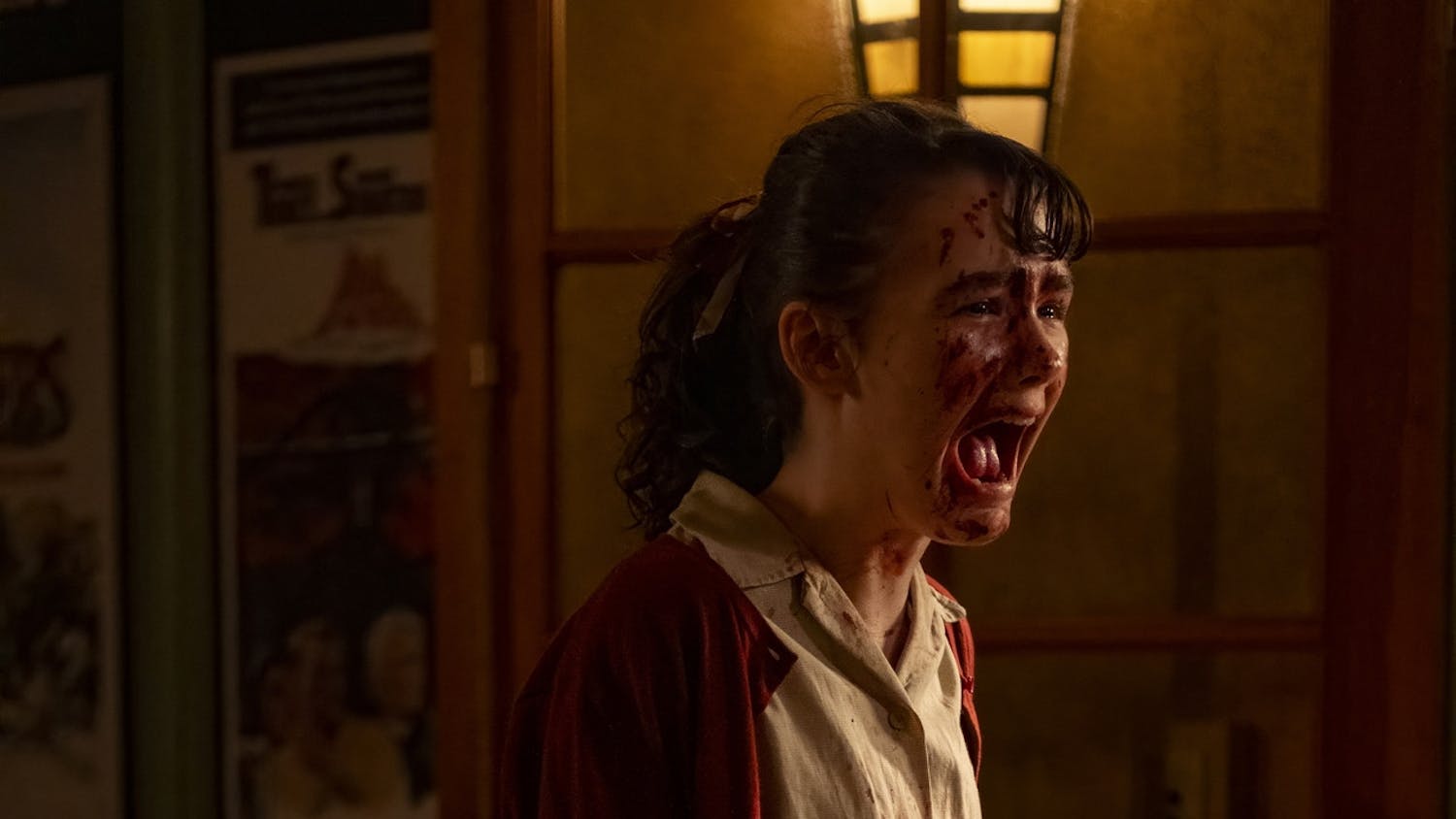Movies can be an excellent pastime or a break from reality. They transport viewers to other realms and audience members get lost in fantasy worlds. Some movies are original ideas, while others are adapted from books and stories. Does this change how movies are perceived?
According to a study conducted by Words Rated, film adaptions make up 70% of the top 20 movies. According to the same study, adaptions generally make 53% more revenue than original screenplays worldwide. The differences between the two provide a reason for this divide.
Merriam-Webster defines an “adaptation” as “A composition written into a new form.” The way movies are transferred from page to screen allows for stories to come to life, which is a reason many are eager to watch film adaptions of their favorite books.
On the contrary, Merriam-Webster defines “original” as “An independent or creative thought or action.” People tend to be a bit apprehensive when given a totally new and innovative concept, which could cause them to stray away from watching an original screenplay.
Though film adaptions tend to do well at the box office, there is still a stigma around them. After watching a film adaptation, audiences generally agree that “the book was better.” If that is always the outcome, why do people return to film adaptations?
The answer is simple: there is something magical about seeing a favorite book come to life on screen. For example, in another study by Words Rated, “Harry Potter” is the bestselling book series of all time, selling 600 million copies since its release in 1997. When the franchise had its film debut, it was no surprise that people flocked to theaters to see the film.
The first movie, “Harry Potter and the Sorcerer’s Stone,” made over $1 billion worldwide. In total, the movies made $7.7 billion all together. Even with the high earnings of the series, most still agree the books are better.
Film adaptions allow worlds that have solely lived in print to become realities. However, many believe that reading a book before gives readers a preconceived expectation of what a movie should be. No matter what, someone will always be disappointed by a film adaptation.
Though many may prefer adaptations without realizing it, original screenplays still do very well in box offices. For example, another popular series, “Star Wars,” is an original screenplay, making the series very impressive.
George Lucas’ creativity took audiences to a galaxy far far away with the development of the franchise. The series breaks the general rule of thumb for original screenplays making less than film adaptions. “Star Wars” made a total of $10.3 billion globally at the box office, making it the second-highest-grossing franchise of all time.
In contrast to film adaptations, original screenplays allow audiences to go into a movie blindly. Without expectations, audiences have a fresher set of eyes and typically an open mind. This could make original screenplays more appealing to audiences.
Movies are what an audience member makes of them. The adaptions versus original screenplays debate may never be settled. It is truly based on personal preference, and each movie has something of value to bring to the table.






